Share
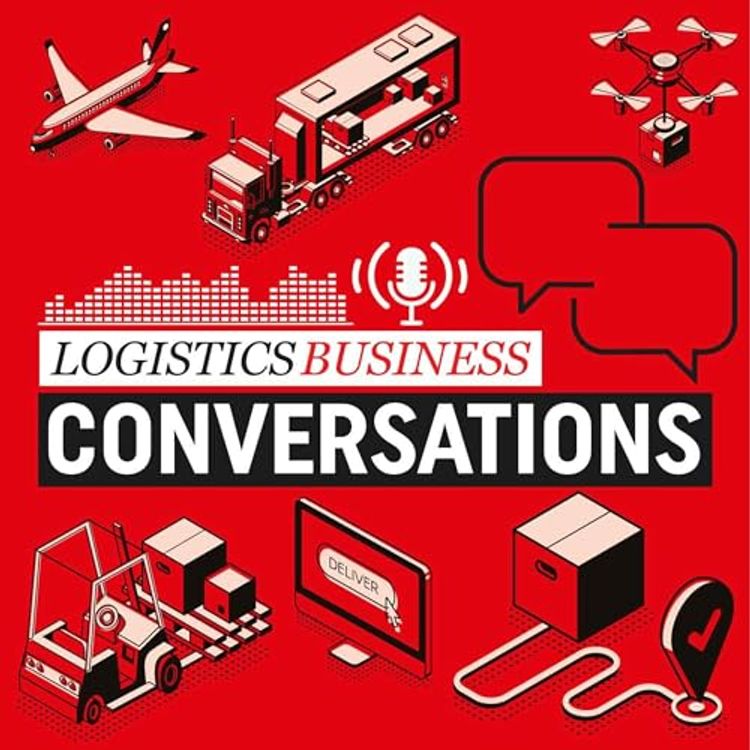
Logistics Business Conversations
Is Micro Fulfilment the Right Fit for Grocers?
In this episode of Logistics Business Conversations, host Peter Macleod engages in a thought-provoking discussion with Danielle Dakin on the growing importance of grocery microfulfillment in today’s retail environment. As customer expectations for quick, accurate order fulfillment rise, microfulfillment centers (MFCs) are becoming a vital solution for retailers looking to stay competitive.
Danielle shares valuable insights into how automation and strategic innovations are transforming grocery fulfillment operations. From streamlining processes to maximizing efficiency, learn how these advancements are reshaping the grocery supply chain.
Join us for a deep dive into the technologies and strategies shaping the next generation of grocery fulfillment. Don’t miss this insightful conversation on how to stay ahead in a rapidly evolving industry!
More episodes
View all episodes
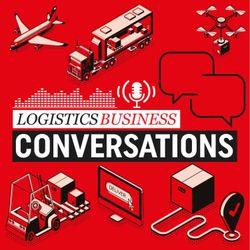
9. Logistics Software: Beyond the RFI and RFP
28:50||Season 2, Ep. 9Selecting the right logistics software is crucial for optimising operations, but the process goes beyond just issuing an RFI or RFP. Listen to our recent conversation with, Gary Rosier-Taylor (Descartes) and Phil Turton (Viewpoint Analysis) where we guide you through mastering the software selection and procurement process.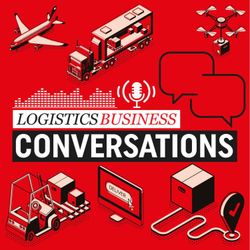
8. Keep your logistics up and running with technical training
28:47||Season 2, Ep. 8In this episode, we discuss the increasing demand for technical skills in the logistics industry and the training necessary to meet this demand. Peter is joined by Stefan Beke, an expert in technical training from TVH University.Stefan emphasizes the growing importance of technical expertise as logistics operations become more technology-driven. Key equipment like forklifts are central to efficient logistics, and maintaining them requires specialized skills, especially with the shift toward electric models. This transition has made electrical and electronic skills more essential, areas where many technicians still face challenges.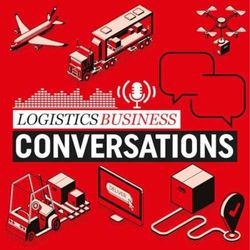
7. Supply Chains: Evolving Risks and the Path to Resilience
30:35||Season 2, Ep. 7In this episode of Logistics Business Conversations, Peter McLeod interviews DHL Supply Chain UK & Ireland CEO Saul Resnik on navigating modern supply chain challenges, from geopolitical risks and cybersecurity threats to post-COVID shifts in consumer behavior. Resnik highlights DHL's adaptive logistics solutions that support fluctuating demand, alongside sustainable practices like eco-friendly vehicles and carbon-neutral warehouses, which, while costly, are becoming more feasible. Digitalisation and AI play a key role in DHL's strategy, enhancing visibility and efficiency across supply chains. Resnik advises companies aiming for sustainable logistics to partner with providers who can scale green practices effectively, underscoring the importance of customer-centric and resilient strategies in the evolving logistics landscape.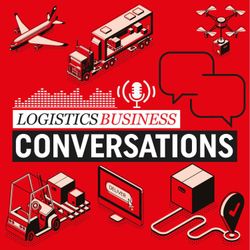
6. How AI is Revolutionising Transport & Logistics
29:25||Season 2, Ep. 6In this episode of Logistics Business Conversations, host Peter Macleod is joined by two experts from Aptean—Manog Tseung, Senior VP of Product Strategy, and Martin Parker, Director of Transportation Solutions—to discuss the game-changing role of AI in transport and logistics. They delve into how artificial intelligence is being applied to streamline operations, from advanced route optimization and predictive maintenance to automating warehouses and enhancing supply chain visibility.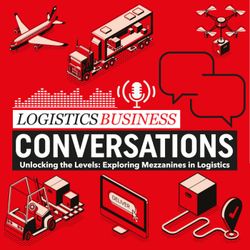
5. Unlocking the Levels: Exploring Mezzanines in Logistics
26:45||Season 2, Ep. 5In this episode, host Peter MacLeod is joined by Geoff Green, Sales Director at MiTek, to explore the impact of mezzanines in the logistics industry. Together, they address common questions and concerns from our audience, such as potential disruptions during mezzanine installation, key health and safety issues, and how to future-proof mezzanine layouts for long-term success. Geoff shares expert insights on how businesses can maximize warehouse space and operational efficiency without compromising safety or workflow. Whether you're facing challenges with expansion or looking to optimize your existing space, this episode offers practical advice and solutions for building smarter with mezzanine systems.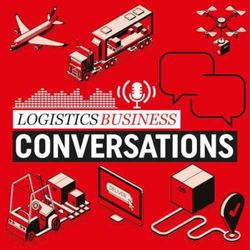
3. Enhancing Customer Experience Through System-Driven Fulfilment
33:23||Season 2, Ep. 3Peter MacLeod speaks with Smitha Raphael, Chief Product and Delivery Officer at SnapFulfil. Raphael details four key recommendations for businesses to take today to help improve the customer experience: Don't be afraid of systems and automation; any system should have order accuracy as the main focus; third party logistics operators should provide visibility via data; find new automation that best fits your business. By focusing on the key areas mentioned in this episode, companies can significantly enhance their customer experience, ensuring satisfaction and loyalty through efficient, accurate and responsive fulfilment processes.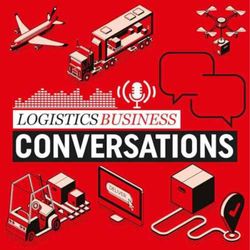
2. Warehouse Automation: Can you afford not to?
28:07||Season 2, Ep. 2In this episode of Logistics Business Conversations, Peter Macleod speaks to Malcolm Porter and Daniel Wood, Automation Sales Managers at Linde. They discuss thoughts on the future of manual forklifts versus the importance of automation, providing you with an understanding of when each should be used. As usual we touch on the impact of labour shortages and the common misconceptions Dan and Malcolm face.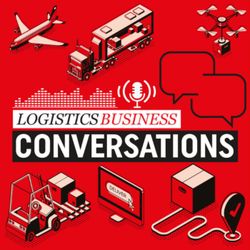
1. Fleet Insurance: Strategies to Control Costs
35:23||Season 2, Ep. 1Peter MacLeod hosts 2 experts on fleet safety to discuss insurance costs and risk management. Jack Burton of Samsara and Daniel King from QBE detail the factors contributing to rises in insurance costs and what is driving market conditions. With claims cost inflation, parts shortages and rising costs of vehicle technology it is crucial to have a robust risk management strategy. How can data help achieve and support this? Advice from these experts on enablement, the use of dashcams and sensors, risk management programs and use case examples.